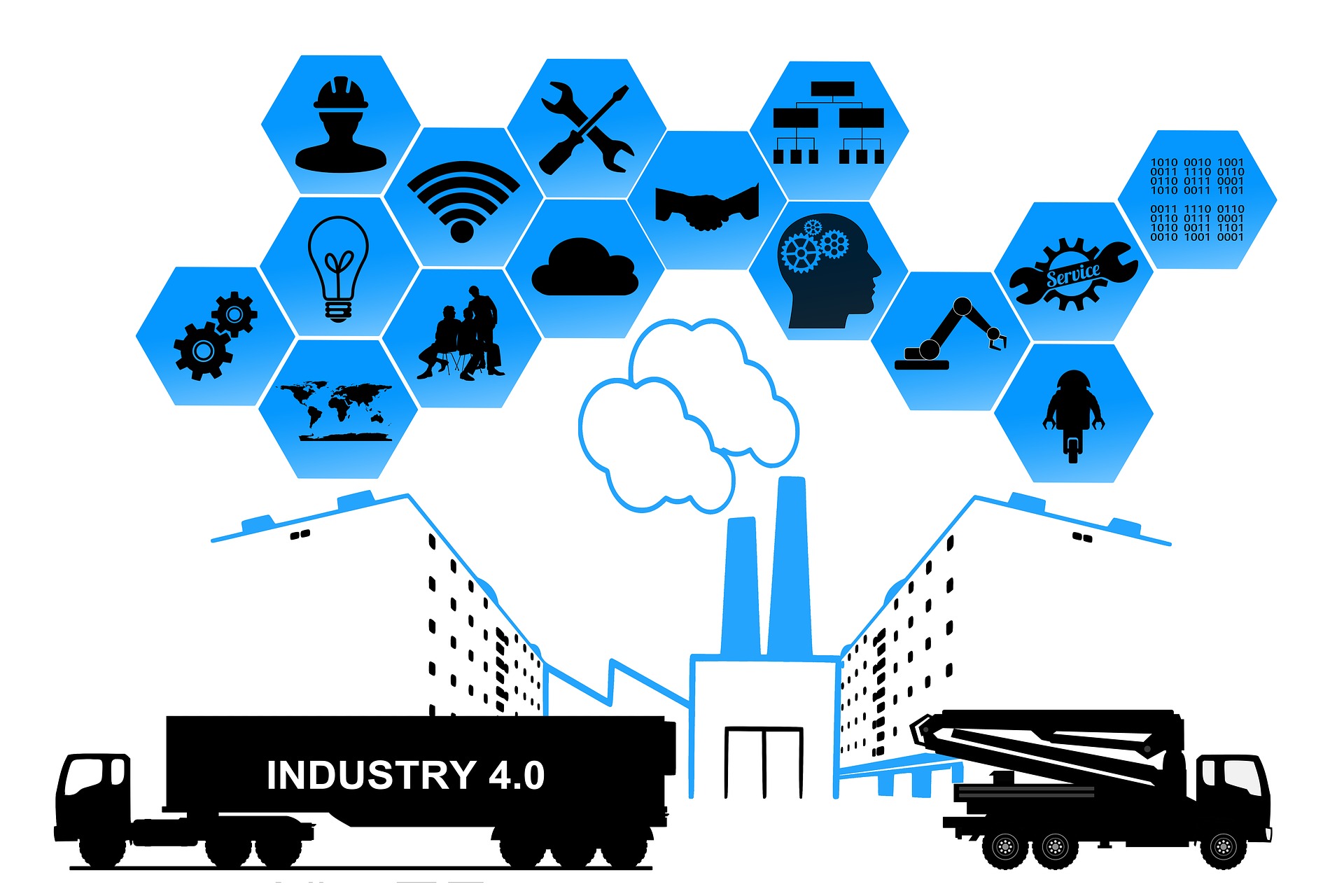5 min read
When Is An Independent Contractor Really An Employee?
In our blog last week, we explored the general problem of employee misclassification. This week we're taking a closer look at independent contractor...
Expert payroll management services with a personal touch.
View Solution Read Guide HR Support
HR SupportSimplify and personalize HR with a team of HR experts on-demand.
View Solution Read Guide Time & Attendance
Time & AttendanceWhy spend more unnecessary time and money managing your workforce?
View Solution Read Guide Hiring & Onboarding
Hiring & OnboardingTurn your candidates into employees with hiring & onboarding solutions.
View Solution Read GuideAdd On Solutions automate everyday tasks, prevent mistakes, and simplify business compliance.
View SolutionHelpful downloads and eBooks to empower your business.
Helpful tax and HR alerts to help keep your business compliant.
Payroll and tax-related forms and documents.
Horizon's blog provides valuable insight into payroll, compliance, human resources, and more.
See our client success stories for a case study on how we can help your business.
Payroll and HR strategy requires intelligent technology, personal attention and specialized expertise in the needs and nuances of your business.
We provide payroll and tax processing services for businesses from 1 to 1,000 employees or more. Today, we have nearly 1,000 customers in 40 states.

You’ve probably heard of Industry 4.0, the Fourth Industrial Revolution. Often accompanied by tech buzzwords about optimizing production, becoming more agile, and predictive analytics, the term comes from a manufacturing strategy developed by the German government to increase computerization in factories. Digital automation in industry and manufacturing has also been discussed at the well-known German trade and technology show Hannover Messe since the early 2010’s.
In 2019 you’re as likely to hear about Industry 4.0 in casual conversation as in technical publications. But what exactly does it mean? What does it look like in practice? What are the implications for the workforce?
The Industrial Revolution took place from the mid-18th Century to the 1830’s and 1840’s. It completely changed production and the nature of work with steam- and water-powered machinery in factories and textile mills. The Second Industrial Revolution, roughly 1870 to the start of World War I, brought mass production and assembly lines into factories, along with electrification of machinery. Starting in the 1980s, computers and large-scale robots marked the beginning of the Third Industrial Revolution.
The Fourth Industrial Revolution is transforming factories and work today. It includes these key concepts:
We hear about data all the time on the news and we know that companies and organizations use data to send us targeted marketing messages, suggest Google search terms, and even detect suspicious bank account activity. But what role does data play in modern industry?
Computers can gather and analyze data far faster than humans, as are machines equipped with microchips and sensors to store and share information
Machine learning takes it one step further. As artificial intelligence improves, computers can recognize patterns and make decisions similar to how a human would. As more data is included in the calculations, those decisions get closer to what people would have made given enough time to review and reflect on the same data. Robots programmed to sort items, pick the correct box off a shelf, and stop moving when a human enters the work area are all examples of data-driven decisions that machines can make.
Most of this data is stored “in the cloud”. All that means is that data is stored on large servers at remote locations instead of on a “local” computer’s hard drive in your office. The data can be accessed through the Internet from any location or device with the correct software or app.
In theory passwords and encryption keep one person’s or company’s data accessible only to them, but it’s no secret that data often left unsecured may be stolen. We’ll discuss cybersecurity in detail in a future post, but it’s important to remember that data is always vulnerable to some degree, and sensitive data (i.e. employee information, account numbers, operations details, etc.) must be protected carefully.
Smart factories use equipment and devices that are connected to each other to gather and analyze production and operations data. This can include computers, sensors, cameras, measurement devices, databases, and more. They also use automated communication tools to let workers share information, ask questions, or contact other departments quickly.
The key is that machines and workers can share and use data in real time to make changes to operations. Here are some examples:
According to research by consulting firm McKinsey, “as many as 375 million workers—or roughly 14 percent of the global workforce—may need to switch occupational categories as digitization, automation, and advances in artificial intelligence disrupt the world of work.” Despite this, notes an article on Recode, just because a job or task can be automated doesn’t mean it will. It's expensive to integrate new technology and takes time for it to fully take hold across industries. What’s more, the social complexity of a job is hard to reduce to numbers for an accurate prediction about how “automatable” it is. Jobs requiring persuasiveness or ability to smooth over conflict might never be the domain of AI.
Far from declining, “American manufacturers have actually added nearly a million jobs in the past seven years,” says the Seattle Times. But the skills required for these jobs are changing due to evolving technology. For example, computerized equipment could mean that a single worker can operate five workstations instead of one, as long as he or she has the right skills to use and troubleshoot the software. Retraining or “upskilling” can help workers transition to this kind of work.
Retraining doesn’t solve the whole problem though. More and more jobs at high-tech factories require expertise and formal education in engineering, software design, and IT. This has created the often-cited skills gap, where employers seek skills that many applicants don't have. As Baby Boomers retire and fewer highly trained young workers seek manufacturing jobs, the Society of Manufacturing Engineers says, “nearly 3.5 million manufacturing jobs will likely need to be filled in the next 10 years.”
Some in the field point to misperceptions that keep students from considering manufacturing work. Industry Week cites survey findings that 70% of respondents believe American manufacturing is in decline. And, “there’s a perception that manufacturing jobs are repetitive, monotonous, underpaid, and involve working in decrepit, dirty factories,” and this perception has been passed on to younger workers and students. If companies can counter these attitudes and show how manufacturing work has been modernized with digital technology, it just might encourage more interest in the field going forward.
Industry 4.0 is complex and evolving, and we hope we’ve improved your understanding of it. Need more help making sense of the world of work? Contact us today – we can help!

5 min read
In our blog last week, we explored the general problem of employee misclassification. This week we're taking a closer look at independent contractor...

4 min read
In July the Dow hit a record high of 22,000 and it continues to climb as 2017 rolls on. While the stock market is volatile and influenced by many...

8 min read
In response to the Great Resignation, many companies have become motivated to discourage resignations and retain top talent. Employee retention, a...